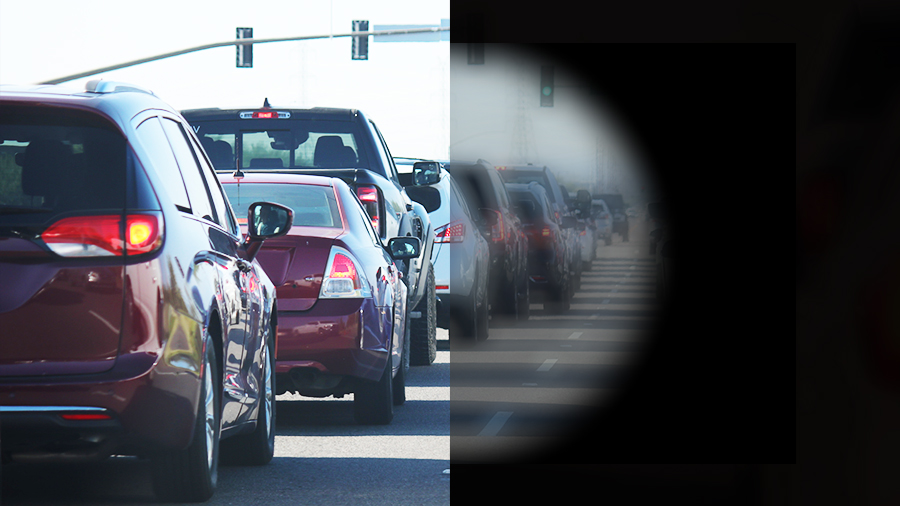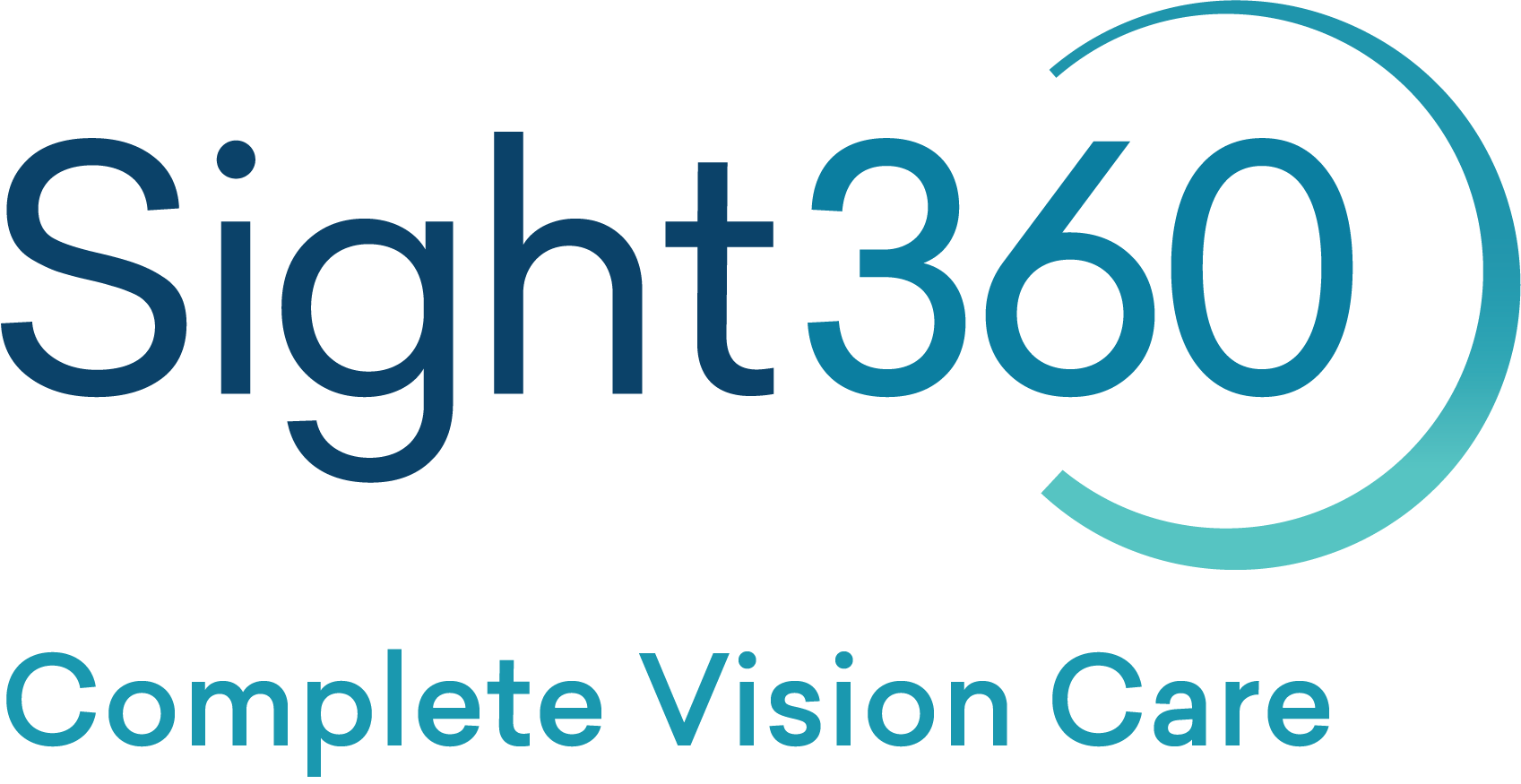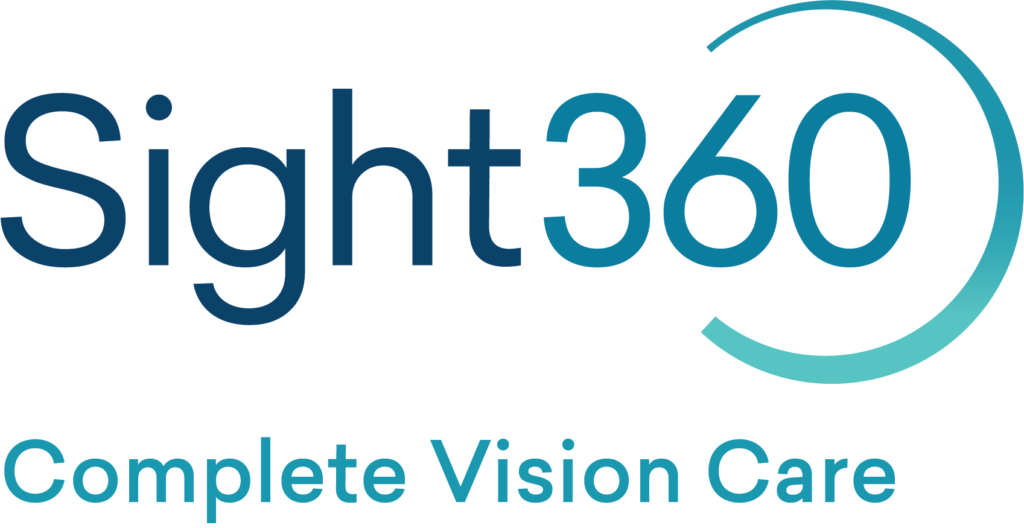Diabetes and Eye Health
Diabetes is the main cause of blindness for people under the age of 74. The number one way to protect your vision is to get a regularly scheduled dilated eye exam from a board-certified ophthalmologist or optometrist.
People with diabetes have an increased risk of developing a serious eye disease that can permanently damage their vision. The ocular complications are most common for diabetics include:
- Retinopathy
- Cataracts
- Glaucoma
What is a Diabetic Eye Exam?
A diabetic eye exam is used to look at the health of the eye. Our doctors use dilation drops and special instruments to examine your vision, specifically the retina in the back of your eye. They will also check your eye pressure and look for other signs of eye disease. After your exam, they will share the results with you and your primary care physician. If the disease is present, they will help you decide on a treatment plan.

Can an Eye Exam Detect Diabetes?
No, an eye exam does not detect if you have diabetes. The diagnosis of diabetes is made by your primary care physician. A diabetic eye exam detects whether diabetes has affected the eye and can provide information for the management of this disease. If you have been diagnosed with diabetes, it is important to get a dilated eye exam each year, so that doctors can check the health of the eye.
Who Needs a Diabetic Eye Exam?
Anyone who has diabetes should get a dilated eye exam to ensure there is no damage. 4 Diabetes is a condition that interferes with the body’s ability to store and regulate blood sugar. As a result, blood glucose levels may fluctuate. This can lead to high blood sugar, which can damage small blood vessels in the eye. This damage can cause vision complications, such as blurriness, cataracts, macula edema, and retinopathy.
Does Medicare Cover Diabetic Eye Exams?
Yes, Medicare will cover diabetic eye exams. Medicaid will also cover diabetic eye exams.
Does Medicare Cover Eye Exams and Glasses for Diabetics?
Medicare and insurance plans will cover diabetic eye exams. It is up to your insurance plan and its benefits how much the plan will cover for eyeglasses. Some Medicare Advantage plans provide benefits for eyeglasses.
Should I See an Opthalmologist or Optometrist for a Diabetic Eye Exam?
Both ophthalmologist and optometrist are qualified to provide diabetic eye exams.
How Can You Tell if Diabetes is Affecting Your Eyes?
Sometimes you can’t tell if diabetes is affecting the eyes, which is why it is important to have an annual diabetic eye exam or more often, if recommended by your eye care provider. Diabetes can affect the eyes in many ways, most commonly causing blurry or missing parts of your vision.
How Does Diabetes Affect the Eyes?
People with diabetes have an increased risk of developing a serious eye disease that can permanently damage their vision. The diseases that are most common among diabetics include:
- Retinopathy
- Cataracts
- Glaucoma

Diabetic Retinopathy
Diabetes can damage the blood vessels in the retina – the light-sensitive area in the back of your eye. When this happens, the blood vessels become weak and can possibly leak. As the damage worsens, you can experience blurred or loss of vision. It can also lead to other diseases, including macular edema. At first, the symptoms of diabetic retinopathy are subtle and hard to detect. The good news is that when detected early, treatments can slow or even reverse the loss of vision.

Glaucoma
Glaucoma creates pressure in the eye, and if not treated, can damage the optic nerve. Over time, this will lead to blindness. People with diabetes, are twice as likely to develop glaucoma³. Symptoms of glaucoma are subtle at first. Many people have blurred vision and peripheral vision loss. If you experience symptoms like this, you need to see an eye doctor right away.

Cataract
Cataracts are a “clouding” of the lens in the eye, and is a leading cause of visual impairment for diabetics. In fact, diabetic people are five times more likely to develop a cataract, and at an earlier age². The good news, however, is that cataract surgery is the most common surgical procedure in the nation. It is performed by an ophthalmic surgeon and is safe and effective.
Things You Can Do to Control Your Diabetes and Eye Health
- Maintain a heathy diet
- Exercise regularly
- Take medication as prescribed by your doctor
- Attend regular appointments with your primary care or endocrinologist
2. Older-onset diabetes and lens opacities. The BeaverDam Eye Study. Klein BE, Klein R, Wang Q, Moss SE. Ophthalmic Epidemiol. 1995 Mar; 2(1):49-55.
3. Diabetes and Your Eyesight. Glaucoma Research Foundation. Alvarado M.D.,Jorge. October 29, 2017.
4. https://www.medicalnewstoday.com/articles/diabetic-eye-exam)


